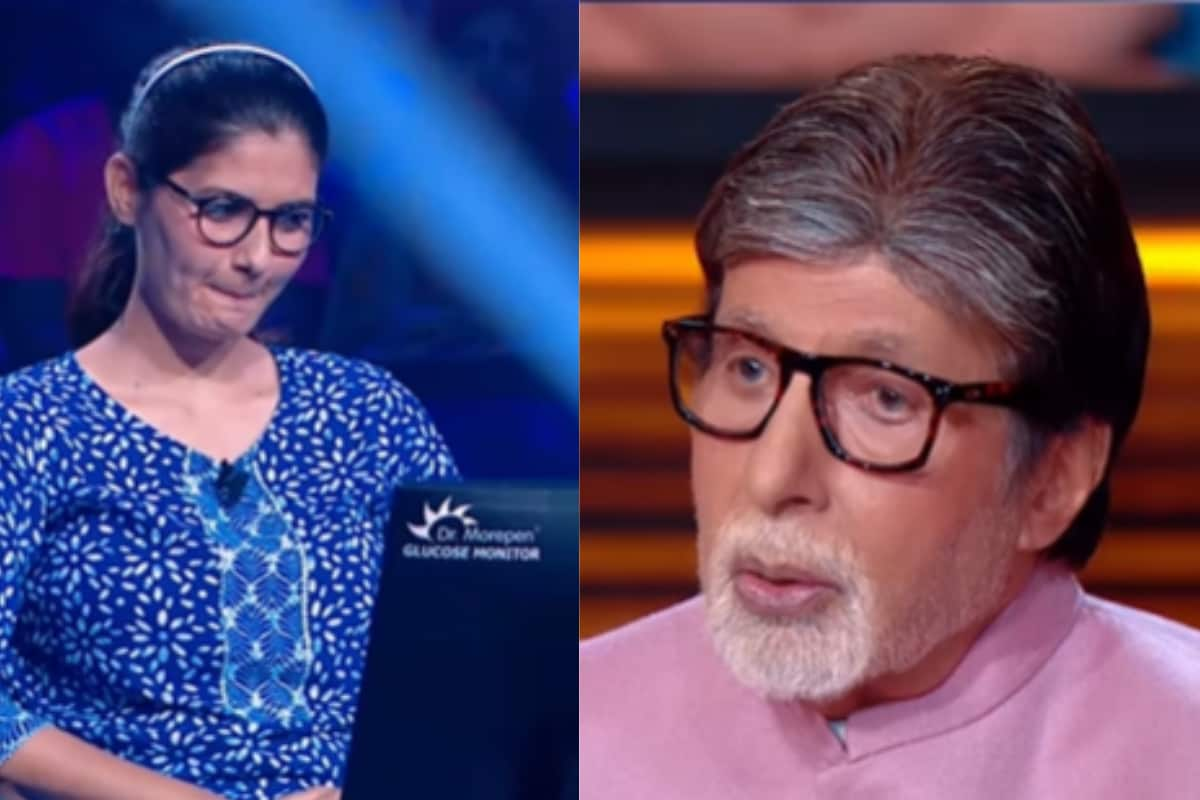Kaun Banega Crorepati Tax Deduction: Winning big on Kaun Banega Crorepati (KBC) may seem like a dream come true, but it comes with a significant tax implication. Understanding how your prize money is taxed can save you from surprises. In this guide, we’ll break down the taxation on KBC winnings, including the flat tax rate, the impact of TDS, and additional charges like surcharge and cess, ensuring you’re fully prepared for your financial journey ahead.
In India, the winnings from KBC or any similar game show are subject to taxation under the Income Tax Act.
CA Dr. Suresh Surana breaks down key details related to tax on KBC winning amount and how much tax is deducted from Kaun Banega Crorepati prize money;
How much tax do KBC winners pay on their winning amount?
Flat Tax Rate:
Section 115BB of the Income Tax Act 1961 provides that winnings from any lottery or crossword puzzle or race including horse race (not being income from the activity of owning and maintaining race horses) or card game and other games of any sort or from gambling or betting of any form or nature whatsoever would be subject to tax @ 30 % (Plus applicable Cess and Surcharge, if any).
The said section imposes tax on income arising from games which are like game of chance or luck, and which do not involve any skill and accordingly, only games like gambling which do not involve any skill fall within the ambit of section 115BB.
Surcharge and Cess:
According to section 115BB, such winnings are taxed at a rate of 30%, plus the applicable surcharge and cess. Notably, taxpayers cannot claim the basic exemption for these winnings, and the income will be taxed at the specified rate without any deductions or exemptions.
Section 194B
Section 194B of the IT Act mandates the payer of any such winning amount to deduct TDS at 30% (plus applicable surcharge and cess) provided the said amount exceeds Rs. 10,000 in a particular financial year. Thus, the amount received by the taxpayer would be net of such TDS. To deduct such TDS, the payer may collect PAN details and bank details of the winner.
The amount of TDS deducted by the payer would be reflected in Form 26AS of the winner/taxpayer and credit for the same can be taken by the taxpayer at the time of filing of return of income.
Are there slabs for different amounts?
The winnings from KBC would be subject to tax @ 30% (plus applicable surcharge and cess). There are no such prescribed slabs for taxation of income covered under the purview of section 115BB in case of different amounts of winnings through KBC.
If TDS is cut, then do winners again need to pay Income tax as part of their income?
The TDS deducted at 30% on the winnings is considered a prepayment of income tax. This amount is credited against the winner’s total tax liability. The recipient must report the winnings and the TDS deducted on their income tax return.
They should include the winnings under the head “Income from Other Sources.” The TDS deducted and reflected in Form 26AS (which is the statement of TDS collected and deposited) can be claimed as a credit against the total tax liability when filing the return.
Surana suggests that when filing the return, the total income, including the winnings, should be assessed to determine the overall tax liability for the financial year.
“If the total tax liability, after considering the TDS already deducted, exceeds the amount of TDS deducted, the recipient must pay the additional tax. This situation can arise if the total income of the recipient, including winnings, places them in a higher tax bracket or if additional surcharges and cess are applicable,” Surana added.
Important Points:
- No Basic Exemption Limit: The basic exemption limit does not apply to income from winnings. The entire amount is taxable.
- Filing of Tax Return: You must report the winning amount while filing your income tax return, and any additional tax liability, if applicable, should be paid.
- No Deductions Allowed: No deductions under Chapter VI-A (like Section 80C) are allowed against such income.
- This taxation applies to all winnings from lottery, game shows, and similar sources.
About Kaun Banega Crorepati
Kaun Banega Crorepati is a popular Indian television game show based on the British show “Who Wants to Be a Millionaire?”. It’s known for its high stakes and the dramatic tension it creates as contestants answer questions for a chance to win a large sum of money.
The iconic host of KBC is Amitabh Bachchan, a legendary actor who has been associated with the show since its inception. His charismatic presence, deep voice, and ability to connect with contestants have made him an integral part of the show’s success

